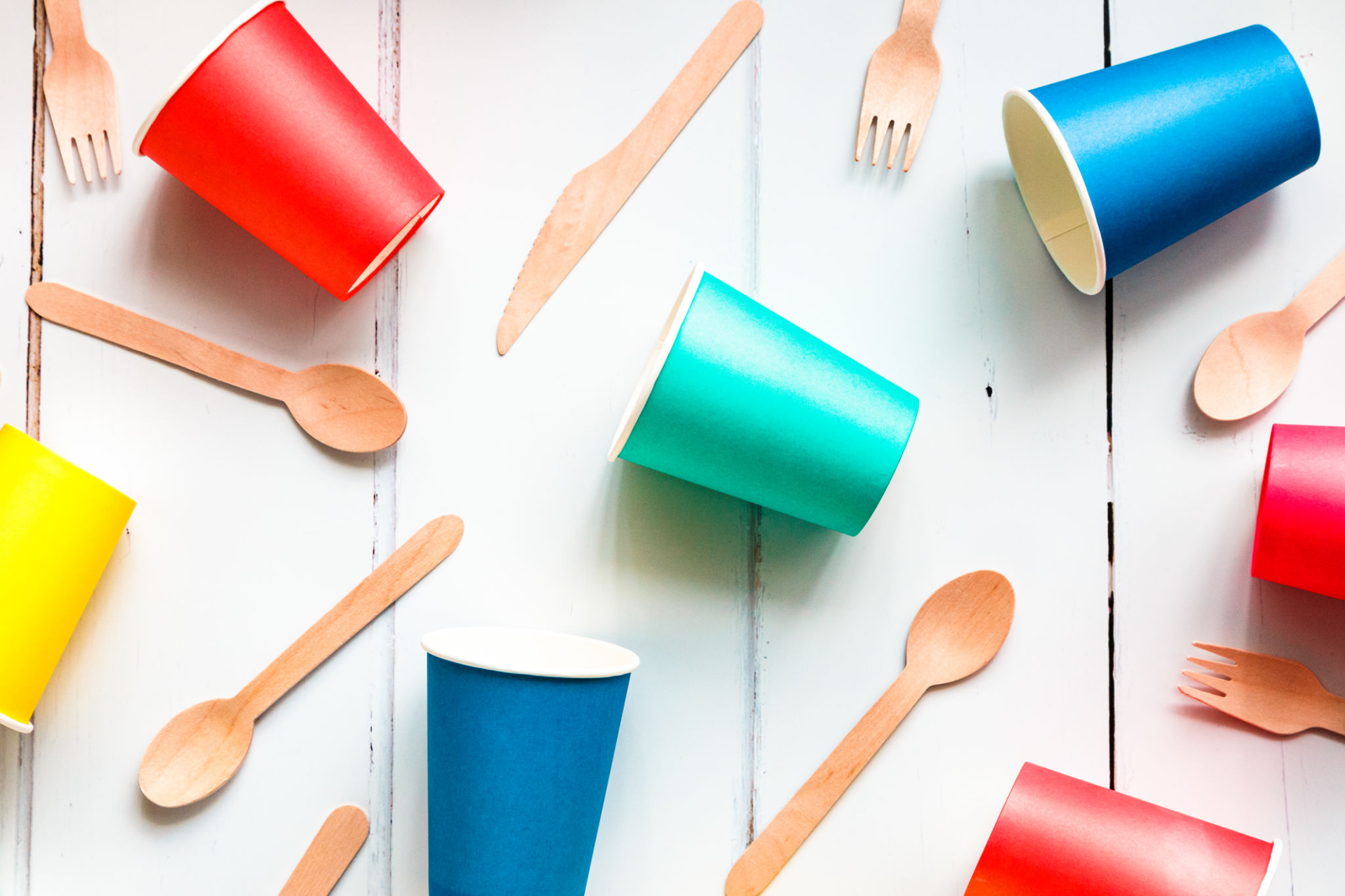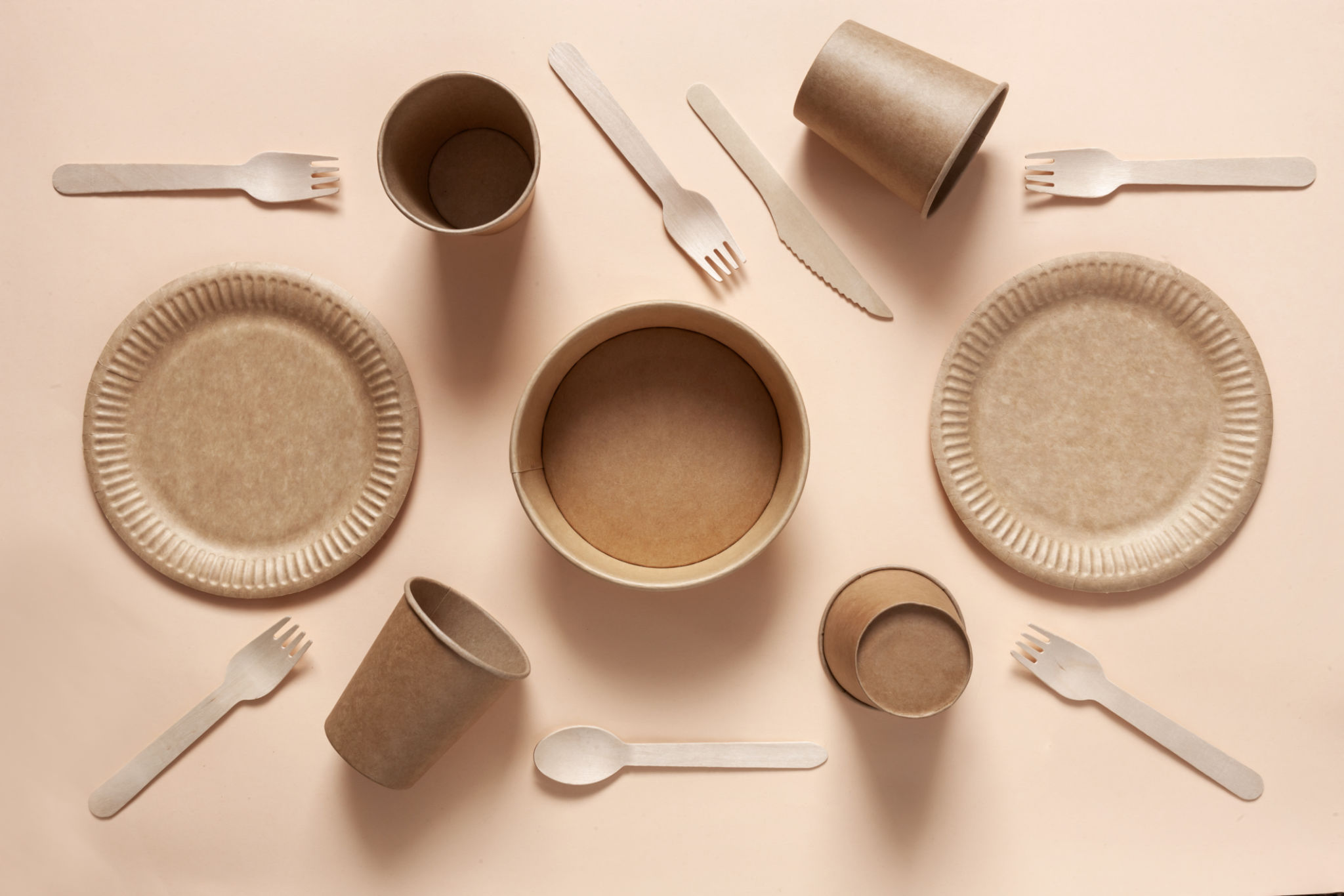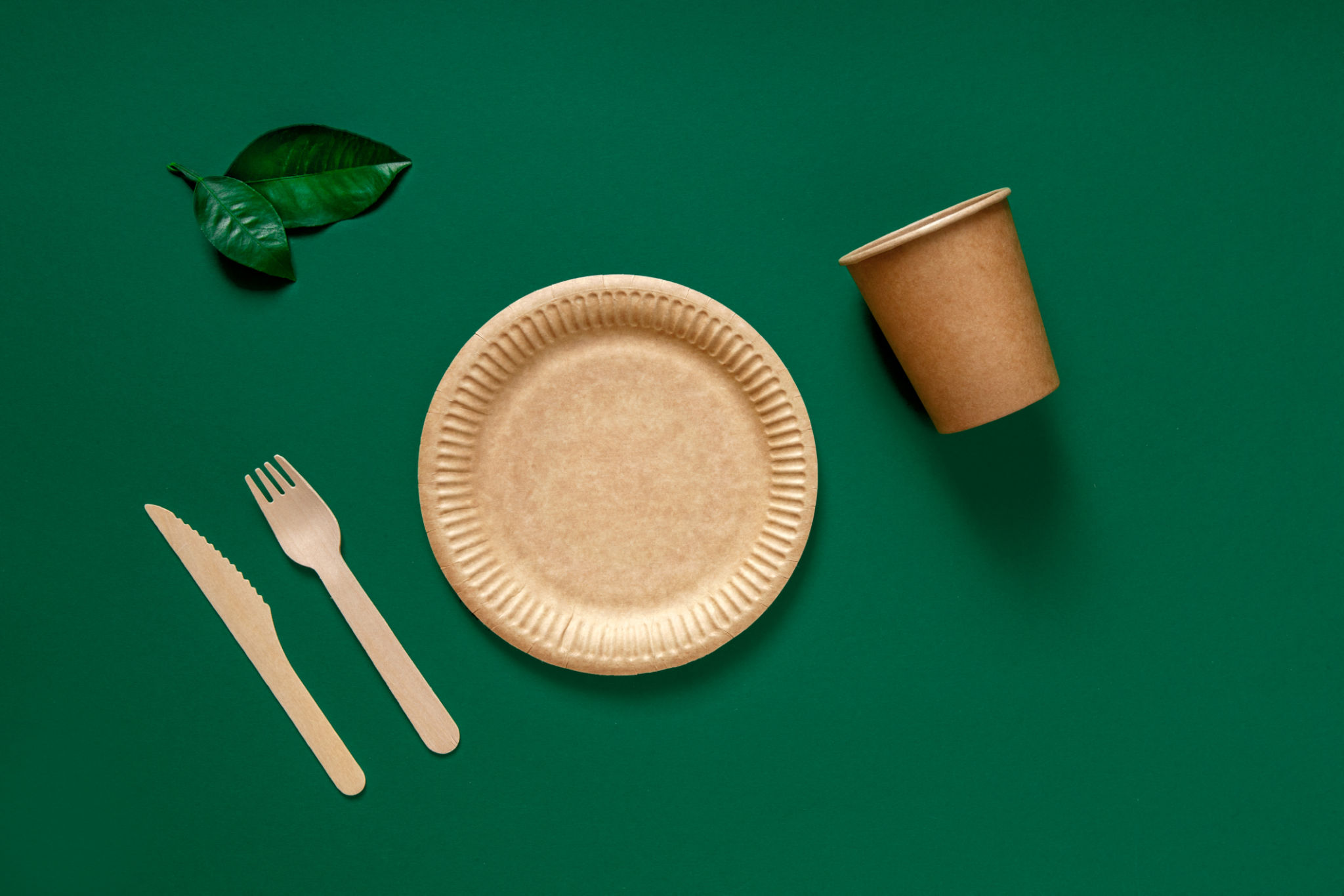Sustainable Catering Supplies: A Growing Trend in the UK
The Rise of Sustainable Catering Supplies
In recent years, the catering industry in the UK has seen a significant shift towards sustainability. This movement is not just a trend; it is a reflection of changing consumer expectations and a growing awareness of environmental issues. Catering businesses are increasingly seeking sustainable supplies to minimise their ecological footprint and appeal to environmentally conscious clients.

Why Sustainability Matters
The push for sustainable catering supplies stems from a broader understanding of the impact that traditional catering practices can have on the environment. The production and disposal of single-use plastics, for example, contribute significantly to pollution and landfill waste. By opting for sustainable alternatives, caterers can reduce their environmental impact and support a more circular economy.
Furthermore, consumers today are more informed and selective about the businesses they choose to support. A catering company that prioritises sustainability can enhance its brand reputation and attract a dedicated clientele who values eco-friendly practices. This alignment with customer values is proving essential in maintaining competitiveness in the market.
Key Sustainable Practices
Adopting sustainable practices in catering involves several strategies. Here are some key actions catering companies are taking:
- Reusable Supplies: Many caterers are shifting towards reusable plates, cutlery, and linens to cut down on waste.
- Compostable Products: When disposables are necessary, compostable options made from materials like bamboo or corn starch are favoured.
- Locally Sourced Ingredients: Utilising local produce reduces carbon emissions associated with transportation and supports local economies.

Challenges in Implementing Sustainable Practices
While the benefits of sustainable catering supplies are clear, implementing these practices can present challenges. One major hurdle is the cost associated with eco-friendly products, which can be higher than traditional options. However, many businesses find that the long-term savings from reducing waste and improving efficiency often offset the initial investment.
Another challenge is ensuring that sustainable practices are genuinely impactful. It is crucial for caterers to verify the sustainability claims of their suppliers and choose products that truly support environmental goals. Transparency and accountability play vital roles in this process.
The Role of Innovation
Innovation is driving the growth of sustainable catering supplies. Companies are constantly developing new materials and technologies to enhance the eco-friendliness of their products. For instance, advancements in biodegradable packaging and energy-efficient cooking equipment provide caterers with more sustainable options than ever before.

The role of technology cannot be overstated. Software solutions that help manage food waste, optimize inventory, and streamline operations are invaluable tools for catering businesses aiming to be more sustainable. These innovations not only support environmental goals but also improve operational efficiency.
The Future of Sustainable Catering in the UK
The trend towards sustainable catering supplies shows no signs of slowing down. As both consumers and businesses become more environmentally conscious, the demand for eco-friendly products will continue to rise. This shift presents an exciting opportunity for suppliers and caterers to innovate and lead the way in sustainable practices.
Ultimately, embracing sustainability in catering is not just a moral imperative but a strategic business decision. By aligning with the values of today's consumers and investing in sustainable practices, catering companies can ensure their long-term success while contributing positively to the planet.
Our Stance At Mr. Fruity
For quite a while now, Mr Fruity has been concious of our footprint in the area. As part of our Micron2 Accreditation, we manage all aspects of our waste. From the reused boxes we deliver our goods in, to food waste and even paper, cardboard, and plastic recycling onsite.
We now have communal bins around the whole depot, separated for each commodity.
All of our leftover food waste goes to registered farmers for their animals, and we even separate this in consideration of what the different animals eating it can digest.
